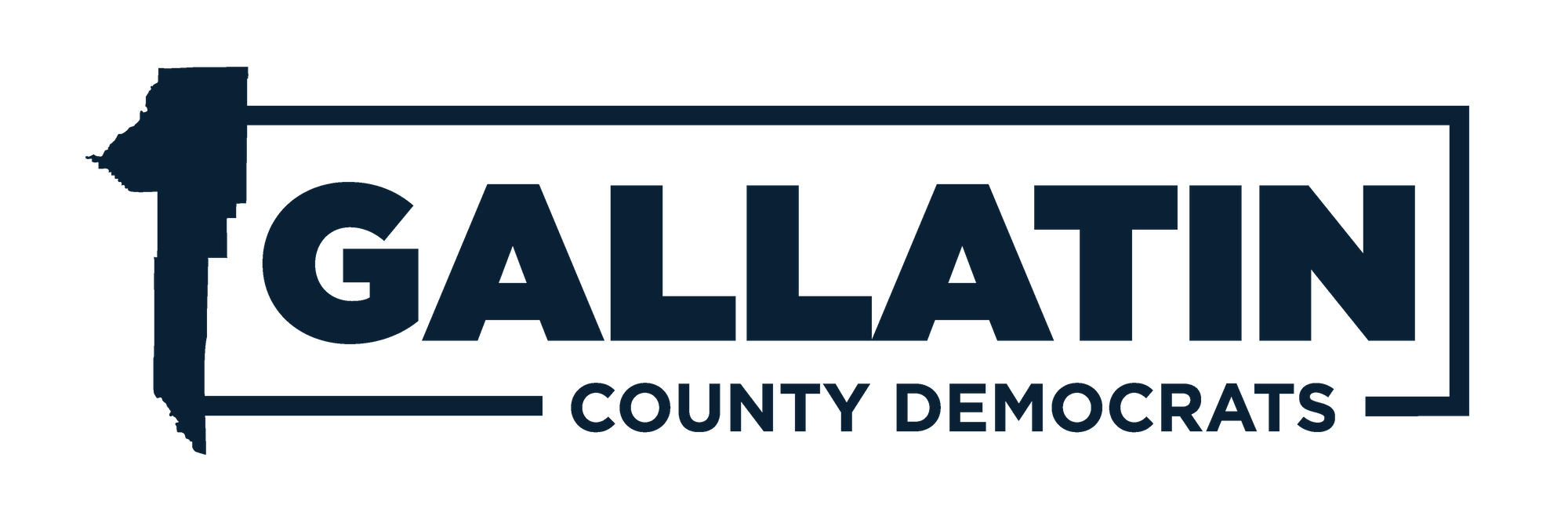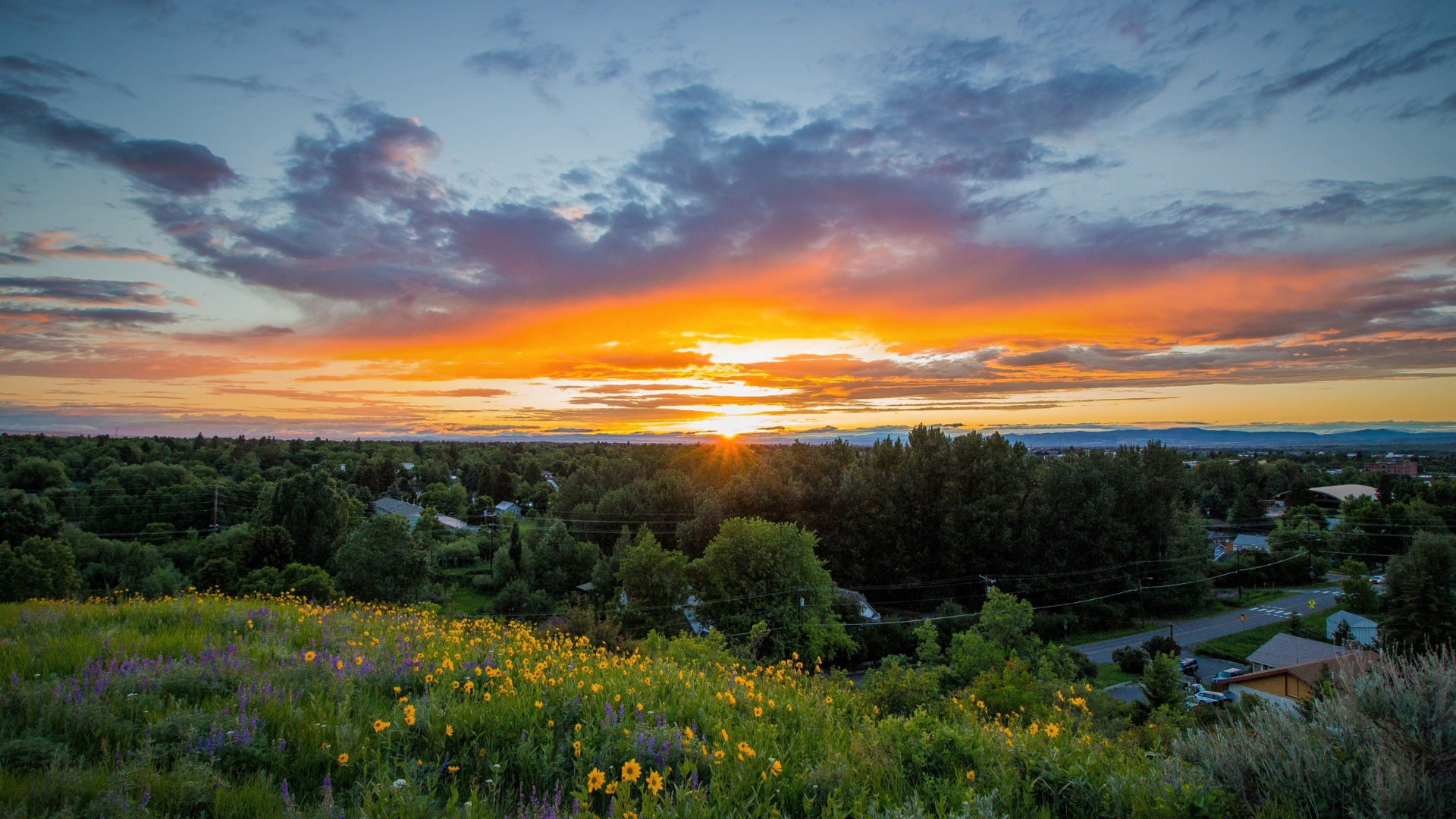By MIKE GARRITY AND CHAD
HANSON
Guest columnists
Dr. Chad Hanson and his colleagues conducted an ambitious scientific study on wildfire behavior and trends — one of the largest ever to analyze the factors that drive such fires. The study involved three decades of data and tens of millions of acres of forest fires across the American West.
What they found will not surprise most people who have an understanding of climate change. Weather and climate influence fire behavior much more than other factors. Alarmingly, in forests where trees had been removed by logging, fires burned hotter and faster. That’s because removing trees reduces shade; creates hotter, drier and windier conditions; and causes highly combustible invasive grasses to spread.
Numerous other scientists — those who are not funded by logging corporations or the Trump administration — have found the same thing. Weather and climate factors are what mainly drive wildfire behavior. Fires do not tend to burn more intensely in dense forests, or in forests with high numbers of dead trees.
Our large wildfires are driven in significant part by the climate crisis. We should respond by protecting vulnerable communities, not by allowing more logging in backcountry public forests, which does not stop fires and often makes them burn faster toward towns, as we saw tragically with the Camp fire in Northern California.
This year’s wildfire season has brought the biggest and fastest runs we have seen. The Creek fire and the Bear fire, in the Sierra Nevada, traveled most rapidly through areas where extensive
commercial logging had already occurred, often under the deceptive guise of “fuel reduction.”
More than 200 of the top climate, forest and fire scientists in the country recently warned Congress that logging not only increases wildfire intensity and spread, but also emits more carbon into our atmosphere annually than our economy’s residential and commercial sectors combined. The scientists, Hanson included, urged policymakers to increase protection of forests from logging.
The only effective way to protect homes and lives from wildfires is to direct more resources toward creating firesafe communities, improving warning systems and providing adequate evacuation assistance.
Passing the Wildfire Defense Act, introduced last year by Sen. Kamala Harris (D-CA), would be a step in the right direction.
The climate crisis is going to loom larger every year, threatening more lives and communities. This is no time to be misled by the self-serving claims of timber companies or the politicians and
scientists whose funding is tied to them. Our priority should be public safety, not profits for the logging industry.
Mike Garrity is the executive
director of the Alliance for the
Wild Rockies; Chad Hanson is a
research ecologist with the John
Muir Project. He is a co-editor
and co-author of “The Ecological
Importance of Mixed-Severity
Fires: Nature’s Phoenix” and
Bozeman Daily Chronicle Guest Editorial 11/21/20

